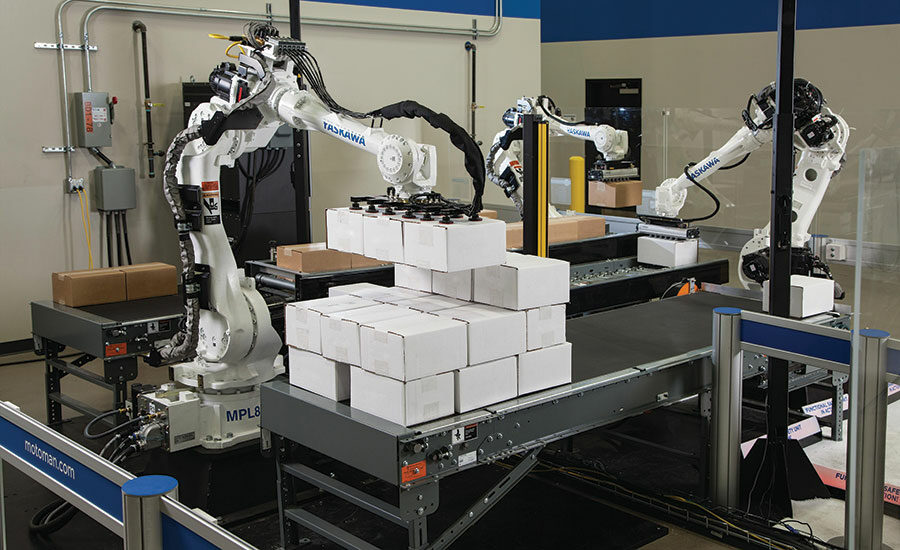In the ever-evolving landscape of modern enterprises, technology has become the backbone of success. But how does a company ensure its technological infrastructure aligns perfectly with its business goals? Enter the business systems analyst. This crucial role serves as the bridge between a company’s IT department and its business operations, ensuring that both sides are aligned to drive efficiency, innovation, and profitability.
What is a Business Systems Analyst?
A business systems analyst is a professional who evaluates and improves business processes through the implementation of technology solutions. They gather requirements from stakeholders, analyze current systems, and propose modifications or new systems to enhance productivity and decision-making. By understanding both the business side and the technical side of operations, business systems analysts can deliver tailored solutions that meet organizational needs.
Key Responsibilities of a Business Systems Analyst
1. Requirement Gathering and Analysis
The first step in any system implementation is understanding what the business needs. Business systems analysts interview stakeholders, conduct workshops, and observe current processes to gather this information. They then document detailed functional and non-functional requirements.
2. System Evaluation
They assess existing systems to identify inefficiencies or opportunities for improvement. This involves analyzing workflows, data usage, and integration points between systems.
3. Solution Design
Once requirements are defined, analysts work with developers and architects to design systems or enhancements. They often create mockups, use cases, and workflow diagrams to illustrate the proposed solutions.
4. Implementation Support
During the development phase, business systems analysts act as liaisons between developers and stakeholders, clarifying requirements and resolving any issues that arise.
5. Testing and Validation
They play a key role in user acceptance testing (UAT), ensuring that the final product meets the agreed-upon requirements. This may involve creating test cases, coordinating test activities, and logging bugs.
6. Training and Documentation
Business systems analysts often create user manuals and training materials. They may also conduct training sessions to ensure smooth adoption of new systems.
Essential Skills and Qualifications
Analytical Thinking
Strong problem-solving skills are vital. Analysts must dissect complex business problems and design effective, technology-based solutions.
Communication Skills
Because they serve as a bridge between technical and non-technical teams, business systems analysts must excel in both verbal and written communication.
Technical Proficiency
While they may not write code, they need to understand databases, software development processes, and system architecture to be effective in their role.
Business Acumen
Understanding the industry and specific business operations is critical. This ensures that solutions are not only technically sound but also aligned with business goals.
Education and Certifications
Most business systems analysts hold a bachelor’s degree in computer science, information systems, business administration, or a related field. Certifications like CBAP (Certified Business Analysis Professional) or PMI-PBA (Professional in Business Analysis) can further validate their expertise.

Tools of the Trade
Business systems analysts use a variety of tools to carry out their responsibilities effectively. Some of the most common include:
- Microsoft Visio: For process modeling and flowchart creation.
- JIRA and Confluence: For project management and documentation.
- SQL: For querying databases and analyzing data.
- Microsoft Excel: For data analysis and reporting.
- Wireframing Tools: Such as Balsamiq or Axure for creating mockups.
Career Path and Opportunities
The role of a business systems analyst can serve as a springboard to many career paths. With experience, analysts can move into senior or lead analyst roles, project management, or even executive positions such as CIO (Chief Information Officer) or CTO (Chief Technology Officer). Some may specialize in certain industries like healthcare, finance, or manufacturing, becoming subject matter experts.
Business Systems Analyst in Agile Environments
Agile methodology has become prevalent in many organizations. Business systems analysts in Agile teams work closely with product owners, scrum masters, and developers. They often act as product owners themselves, managing the backlog and ensuring the team delivers maximum value in each sprint.
Role Adaptation in Agile
Unlike traditional environments where documentation is extensive, Agile business systems analysts focus more on continuous collaboration and just-in-time documentation. They participate in daily stand-ups, sprint planning, and retrospectives, ensuring that the team remains aligned with business objectives.
Challenges Faced by Business Systems Analysts
1. Changing Requirements
Stakeholder expectations can shift mid-project, which may require re-analysis and scope adjustments. Business systems analysts must be flexible and quick to adapt.
2. Communication Barriers
Bridging the gap between technical jargon and business speak can be challenging. Misunderstandings can lead to incorrect implementations if not managed carefully.
3. Resource Constraints
Time and budget limitations often mean that not all requirements can be met. Prioritization and stakeholder negotiation become essential skills.
4. Data Security and Compliance
As data privacy laws tighten, analysts must ensure that new systems comply with regulations like GDPR or HIPAA. This adds another layer of complexity to their work.
The Future of the Business Systems Analyst Role
As businesses continue to digitize, the role of a business systems analyst is becoming even more pivotal. Emerging technologies like artificial intelligence, machine learning, and blockchain are reshaping how companies operate. Analysts must stay ahead of these trends to provide relevant, future-proof solutions.
Embracing Automation and AI
Tools that automate data analysis and generate insights are reducing the time analysts spend on routine tasks. This allows them to focus more on strategic planning and innovation.
Remote Collaboration
With the rise of remote work, analysts need to master virtual collaboration tools and techniques to continue gathering requirements and conducting analysis effectively.
Continuous Learning
The tech landscape evolves rapidly. Business systems analysts must engage in lifelong learning to remain effective and competitive in the job market.
Conclusion: The Value of a Business Systems Analyst
In today’s fast-paced, technology-driven business environment, companies cannot afford misaligned systems or inefficient processes. A business systems analyst brings order to chaos by ensuring that technology solutions are not only technically viable but also strategically aligned with business goals.
From gathering requirements and designing solutions to supporting implementation and training users, these professionals play a multifaceted role that is essential to organizational success. As technology continues to evolve, the demand for skilled business systems analysts will only grow, making it a rewarding and future-proof career choice for those with the right blend of analytical, technical, and communication skills.
Whether you are a company seeking to improve your systems or an individual exploring career opportunities, understanding the role of a business systems analyst can offer valuable insights into how technology and business can work hand in hand for optimal results.




